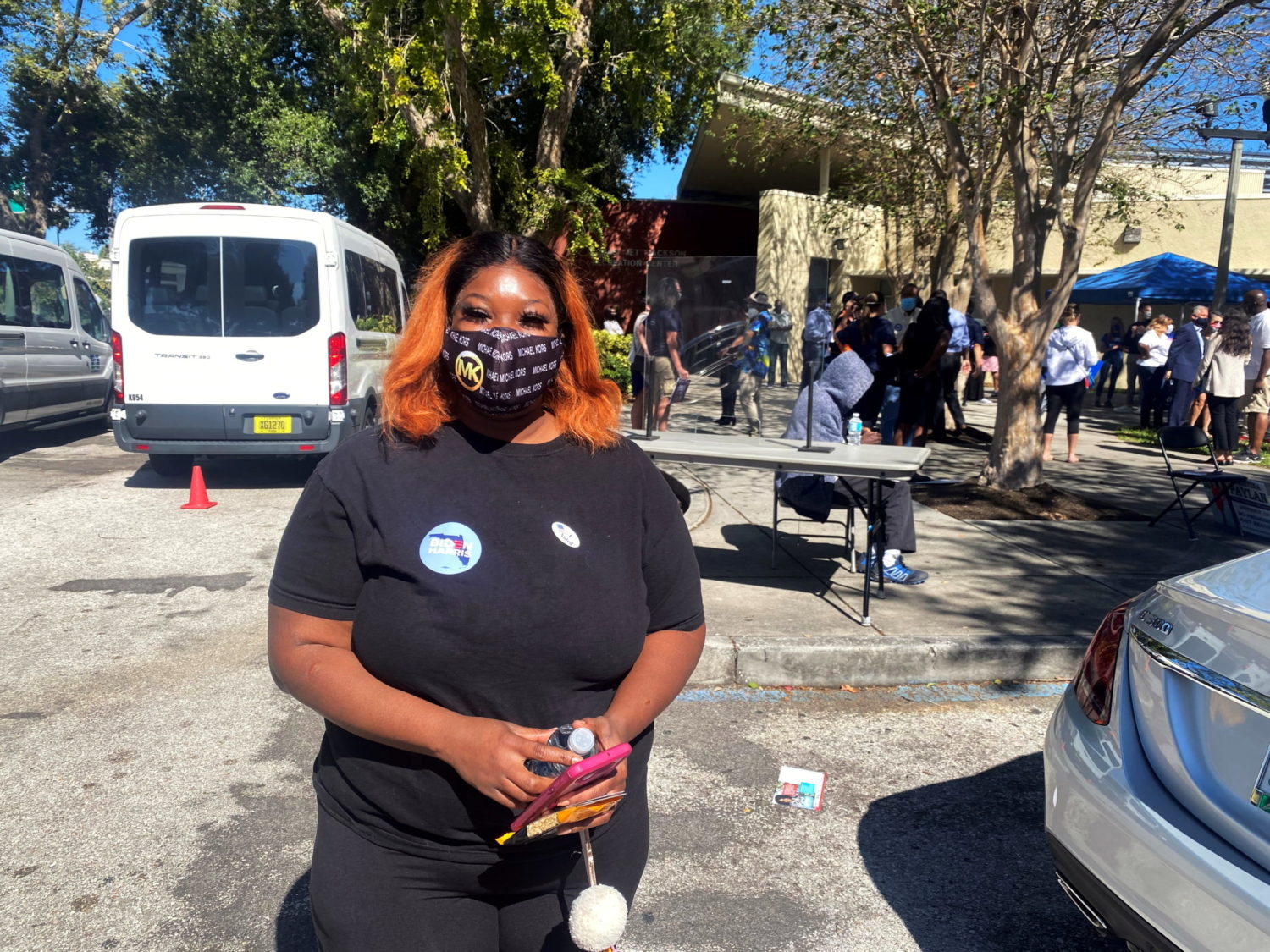
Important Takeaways:
- Neglecting Our Stewardship: Why Many Church Leaders Are Failing To Call Christians To Vote
- [Alex McFarland] I spoke at a large church conference some time ago where the pastor told his congregation after my message that he didn’t vote and thought it was a waste of time for anyone else to vote. But is that true? Should Christians vote in America’s 2024 election?
- The pastor’s attitude represents a growing concern about evangelicals who refuse to exercise their responsibility to vote. When I face this issue, I look to Scripture and America’s history where I find overwhelming evidence to support the view that Christian participation in voting is vital to the future of our nation.
- Scripture offers several passages supporting the importance of government, including our role on Election Day.
- First, the government and its leaders are established by God. Romans 13:4 states, “For the one in authority is God’s servant for your good.” Shouldn’t we desire to help select the best leaders possible to serve in the roles that lead our communities, state and nation?
- Second, a Christian worldview challenges us to support godly values wherever we live. When the prophet Jeremiah wrote to Jews exiled to Babylon, he instructed them to “seek the peace and prosperity of the city to which I have carried you into exile. Pray to the Lord for it, because if it prospers, you too will prosper” (Jeremiah 29:7). The same principle remains true today to vote and support leaders who most closely align with our biblical convictions.
- Third, voting can be viewed as a form of stewardship (Matthew 25). We are responsible for voting for candidates who will best honor God and moral values. Otherwise, we waste the opportunity given to us as believers and as Americans, leaving the decision to others who may not share our convictions.
- Why are many Christians, including church leaders, failing to speak up to challenge American evangelicals to vote? Some believe the “system” is corrupt and that there is no hope for improvement. This is simply inaccurate.
- The real reason many Christian leaders are silent on the issue of voting is fear. Pastor Jack Hibbs of Calvary Chapel Chino Hills in California earlier this year spoke out on behalf of California U.S. Republican Senate candidate Steve Garvey, telling his congregation God wants them to support a pro-life candidate.
- The Freedom From Religion Foundation soon released a statement noting they “will be asking the IRS to ensure that Pastor Hibbs’ church no longer receives the benefits of 501(c)(3) status and that donations made to his church are no longer treated as tax deductible.” Why? Because Pastor Hibbs made the comments from his pulpit.
- The views of our Founding Fathers that once united our country now increasingly result in threats of legal action. We no longer live in a culture that will easily accept a biblical worldview on many political issues. If we choose to speak out or vote for our values, we will face persecution.
- This response should not be shunned but embraced. After all, our Savior warned us that in this world we would have trouble (John 16:33). Let us not shy away from voting for our values, but stand firm in our beliefs, calling others to join us in supporting the freedoms and values that have made our nation strong for 248 years.
- Christians agree that our ultimate trust is in the Lord Jesus Christ. But until we get to Heaven, we must use our voice as an influence for good, including with our vote during the 2024 elections.
Read the original article by clicking here.











